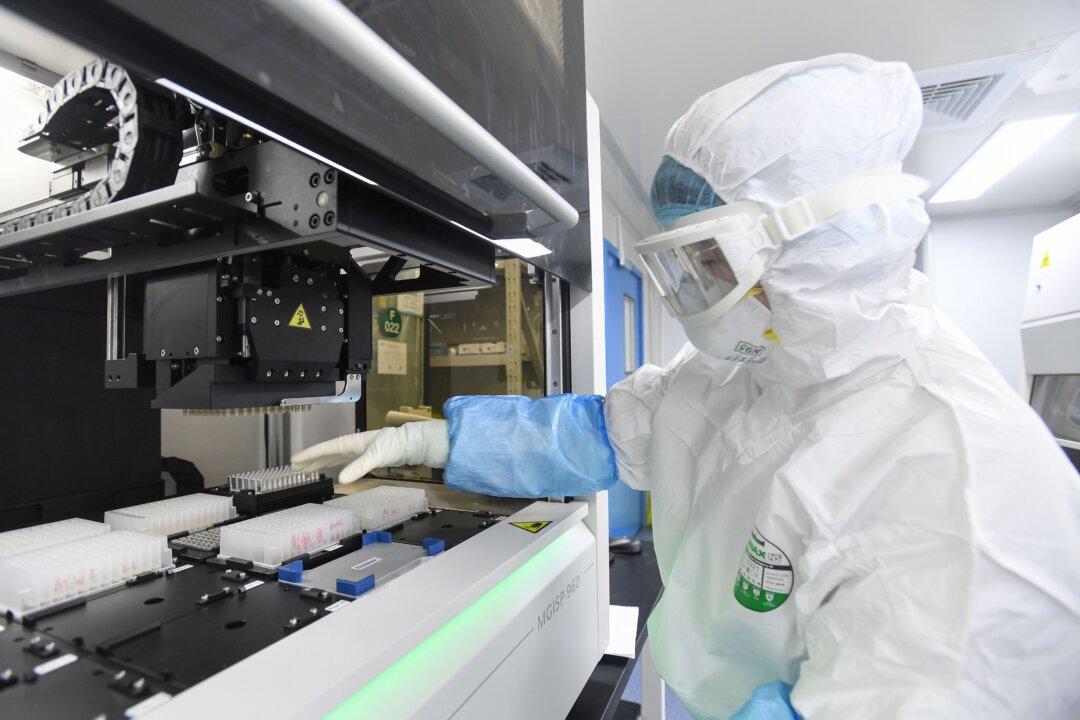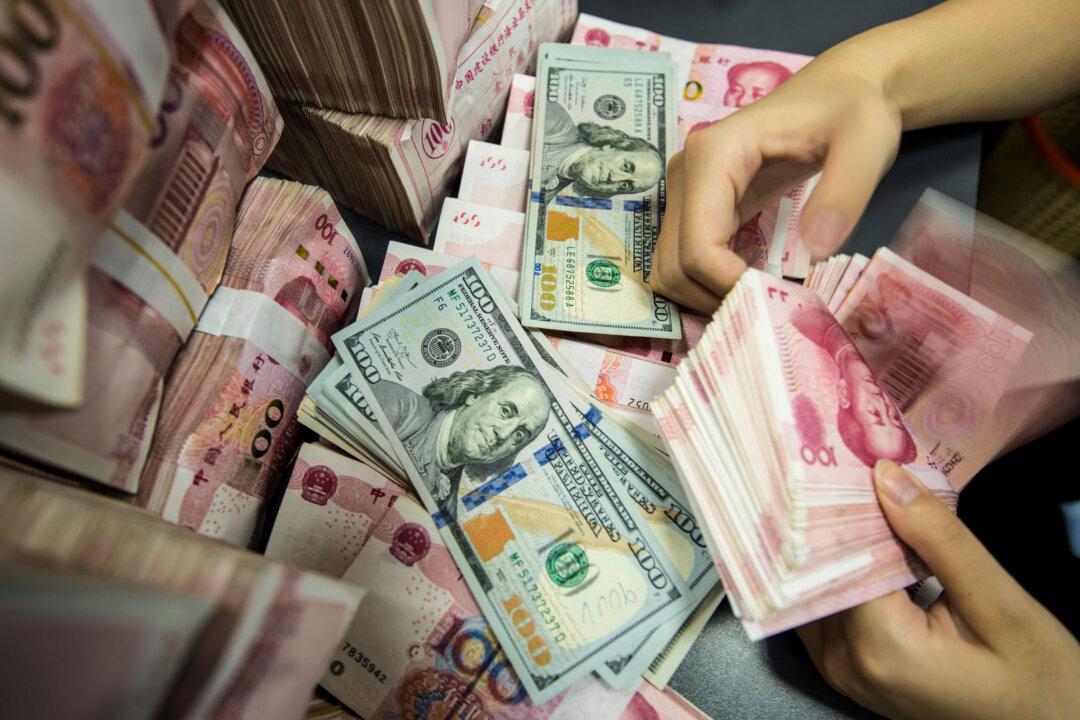Commentary
A research lab employee and others, including an unspecified number of students at the University of Florida (UF), were implicated in an alleged multimillion-dollar scheme to illegally ship dangerous drugs and toxins to China, UF’s student news service reported.





